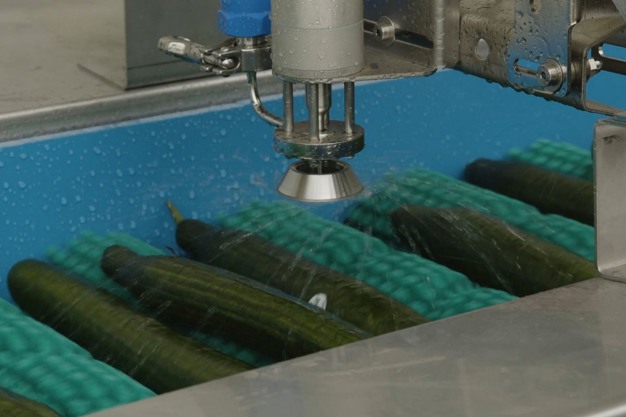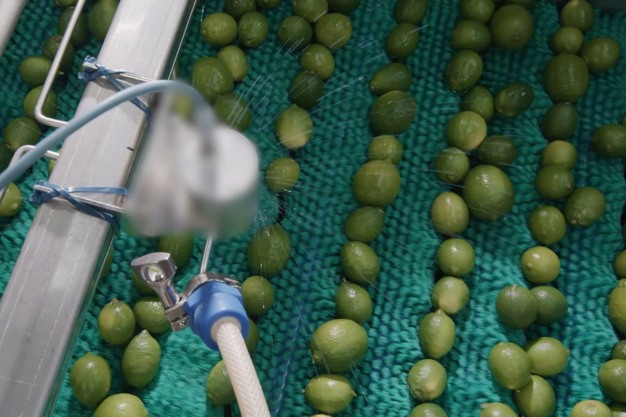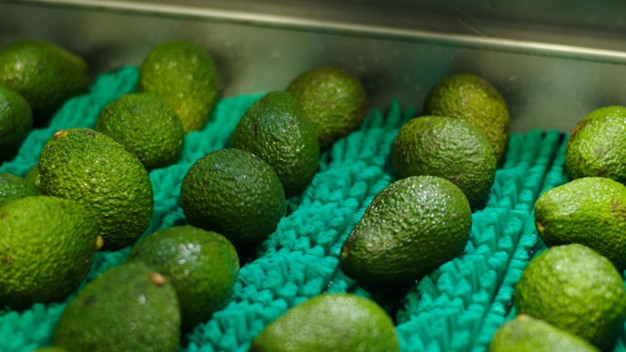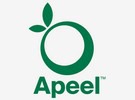Avocados, citrus, and mangos are just a few examples of fruits that travel the globe and are often consumed thousands of miles away from their growing region. With transit times of twenty days or more, shipping involves a high degree of risk. It's the risk of high-value produce - that can be worth millions of dollars - arriving in a less than optimal condition. "We've developed a solution that allows the product to stay fresh during these long transit times and provides growers and shippers with more confidence for those transit times," says Denise Junqueiro with Apeel Sciences. In addition to avocados, citrus, and mangos, great results have been achieved with vine vegetables that include cucumbers, tomatoes, and peppers.

New markets
"It's our goal to help growers, packers, and shippers," she continued. "We want to provide them with more confidence, reduce their risk, and support their product arriving in great condition." However, that's not all. Apeel's goal also is to help their growers and shippers with opening up new markets. "If we could partner with a grower/shipper to utilize our technology and ship their product to Asia with a lot more confidence, it would provide them with increased market access." Apeel is witnessing a lot of interest to export produce from South America to Europe, but opportunities to ship from South America to Asia are also increasing.
Water retention
Upon arrival at its final destination, the fruit or vegetable variety has to meet the weight that's on the box. This can be challenging as produce tends to dehydrate in transit. However, Apeel's solution reduces dehydration, keeping produce close to its original weight. It prevents growers from having to overpack. In addition, produce that arrives in optimal condition will be faced with lower rejection rates. "Our technology is a very marginal add-on but creates a lot of efficiencies within the supply chain," Junqueiro mentioned.

Flexibility of application
The solution is applied post-harvest, on the pack line. It is installed on the brush bed, which is easy for packers to install and involves a minimal footprint. When Apeel first starts to partner with a new customer, a trial is set up to make sure the results are satisfactory. This involves installing equipment on the brush bed. The application can be turned on and off as the customer desires. "They decide whether all volume needs to be coated or just part of it, providing a lot of flexibility." In the past, Apeel offered a different product that took up about ten times more space and required more guidance and involvement from the Apeel team. "It was very disruptive, and we started focusing on adjusting our model. Therefore, in the past year efforts were geared towards fine-tuning our processes and offer a solution that our customers can apply independently while still providing an extreme benefit," Junqueiro said.
"Our goal is to reduce shipping risk, provide more confidence and offer consumers higher quality fruit. That's what we want to be part of."

 For more information:
For more information:
Denise Junqueiro
Apeel Sciences
Denise.junqueiro@apeelsciences.com
www.appelsciences.com
